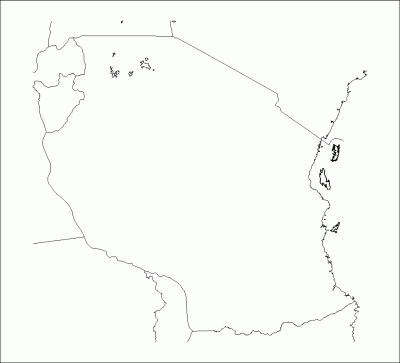Time Use Study and Advanced Census Analysis in Tanzania
The research cooperation between the Department of Statistics at Dar es Salaam University and the Norwegian Historical Data Centre investigates three principal topics: time use, infant mortality and census data.
Time use
A nationally representative time use survey will generate information that may give a clear idea about the time that females and males spend on various socio-economic and political activities in the course of a normal day. This information is very important for discourses on female's welfare, on female's role in community development, and in building knowledge about the female's situation. Such knowledge is in great demand in Tanzania, as well as in several other African countries. Time use information may be used by planners, health officials, community-based and various non-government organizations for developing policies geared towards improving the people's welfare and especially in analyzing and confronting poverty. The proposed time use survey will generate useful information that is very important for discourses on women's welfare, on women's role in community development, and in building knowledge about women's situation. Such knowledge is in great demand in Tanzania, as well as in several other African countries.
Infant mortality
Furthermore, it is well known both from historical studies of western countries and current developing countries that the life conditions of the mother is a crucial factor with respect to improving children's health and survival chances. Whether she has the time, resources and knowledge to breast-feed and implement other measures of proper child care has time and again been shown to affect the infant mortality rates dramatically. Doctoral student Ngowi analyzes infant mortality in Tanzania with special reference to child spacing and parity. Since the number of children ever born and surviving is a variable in the Tanzanian census, we shall be able with multivariate statistics to analyse the relationships between infant mortality and the mothers' status in different types of families and households.
Advanced analysis of census data
By accessing the individual level data sets on the questionnaires from the Tanzanian censuses 1988 and 2002, much can be found out about how women and men organize their lives differently within the framework of the family and the household, and how is changing. With software developed specifically for the purpose at the Minnesota Population Centre, the University of Minnesota, information about family size and structure that is implicit in the microdata can be made explicit with constructed variables such as for instance the number of children under five, the location of the mother in the household etc. By using these variables in statistical analysis it is possible to see how for instance unmarried women, including mothers, organize their lives, how they take care of the elderly, what other persons are living in their households and so on.
































































